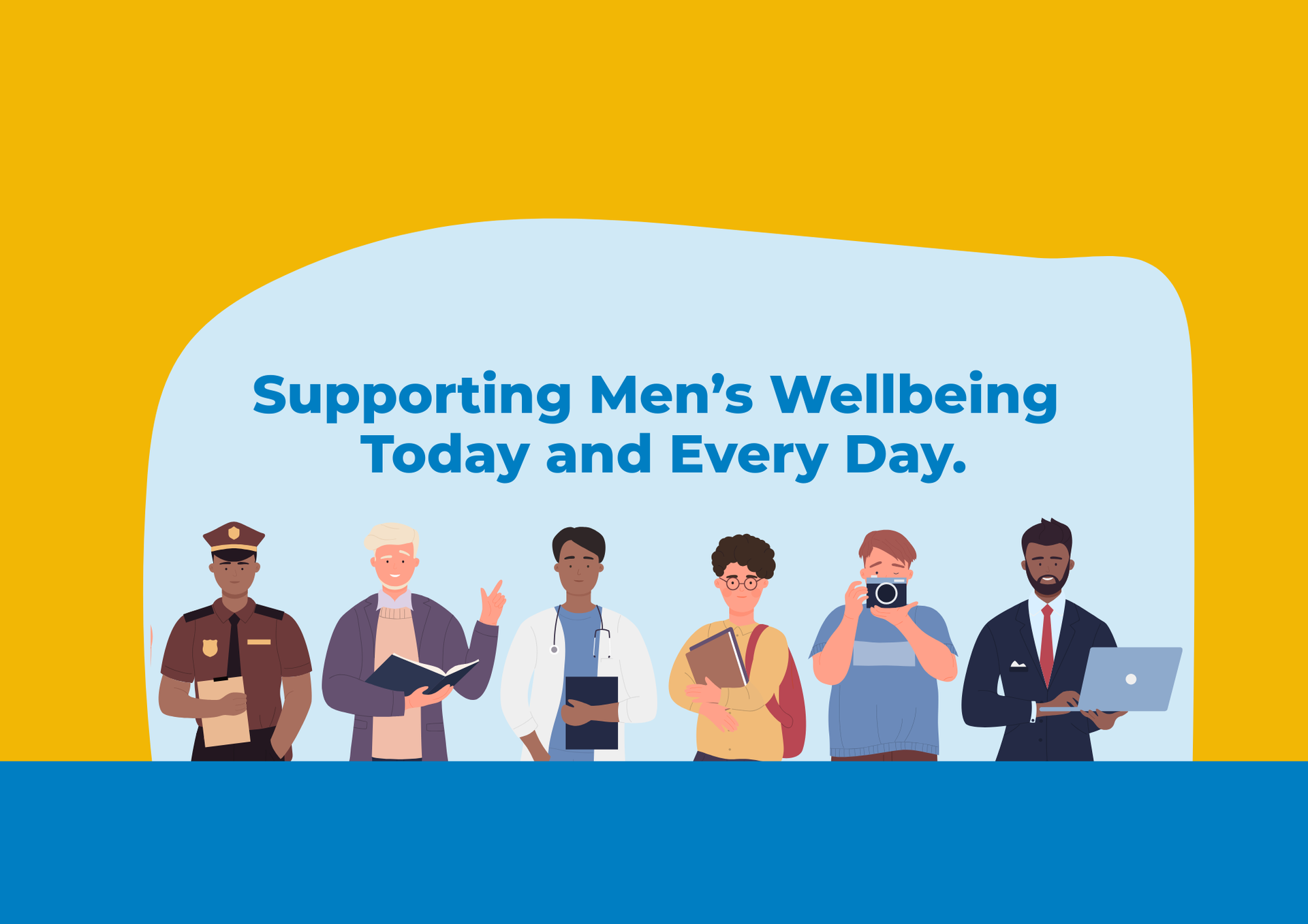Compassion Fatigue
May 10, 2024
Disclaimer: This post may contain sensitive topics related to mental health. We understand that everyone experiences these discussions differently. If you or someone you know is experiencing suicidal thoughts or a crisis, please reach out immediately to Lifeline Australia on 13 11 14.
After her friend died, Vicki says she continued to ‘jump into action’ every time someone close to her needed help. That’s when she confessed to compassion fatigue. She felt “weighed down, tired and sad”, she said after taking care of so many loved ones.”
“Finally, she rightfully asked herself, “How much more could I do without getting even more tired and sad?”.
Compassion. Originally derived from Latin, its literal meaning is: “to suffer together”. Nowadays, we know compassion as being the driving motivation to relieve others of their suffering. Where compassion is the desire to step forward and help others, empathy is the ability that enables individuals to understand and feel the emotions of others.
In the world of healthcare, both emotional responses are key aspects in their patients’ key recovery (Attree 2001). However, sometimes being exposed to extended hours of trauma and distress can strain the emotional capacity amongst frontline workers to help others and sometimes, even themselves.
Being a caregiver can be immensely rewarding and provide a sense of meaning and purpose found in no other professions. However, this gratification can often come with a pretty heavy ‘cost of caring’, commonly known as compassion fatigue. In professions where empathy and caring for others is at the core of the practice, compassion fatigue has been recognized as a prominent occupational hazard.
What is compassion fatigue?
Compassion fatigue can be explained as being the feeling of impassive detachment and can affect cognitive functioning. The repetitive exposure to distress and the anticipation of negative social stimuli experienced amongst caregivers can inhibit the uptake of oxytocin.
The reduction in oxytocin poses challenges to social cognitive processes and expression of empathy and sympathy towards others.
Additionally, the exposure to secondary trauma can destabilise emotional valency. The overwhelming emotions subjected towards trauma can impair the decision-making abilities and emotional regulation of first responders. As such, this can hinder the quality of engagement between the patient and the caregiver.
Nurses have arguably one of the most demanding and time-consuming responsibilities. They are expected to provide daily assistance to both patients and their families all the while being exposed to high levels of trauma, loss, and grief. Unfortunately, these factors can leave nurses and first responders vulnerable to compassion fatigue.
Signs of compassion fatigue
Signs of compassion fatigue are broad and vary. It’s important to try and keep track of your mental and physical health and address any warning signs before they develop into more serious issues.
Some key signs of compassion fatigue include:
- Feelings of depression or anxiety
- Chronic exhaustion and trouble maintaining focus
- Questioning the purpose of life and losing interest in all/most activities
- Insomnia or recurring nightmares
- Poor self-esteem and increased pessimism
- Poor Life/Work Balance
- Guilt
- Hypersensitivity or complete insensitivity to emotional material
- Strained Interpersonal relationships
- Impaired decisioning making
What are some healthy coping strategies to fight compassion fatigue?
Set Boundaries
The importance of setting boundaries ensures that healthy interpersonal and professional relationships are maintained. In this line of work, boundaries act as a safety net and preventative measure which protects those in caretaker roles and the client
To establish a set of boundaries, frontline workers may ask themselves:
- “What do I feel comfortable doing and not doing?”
- “What are my strengths?
- “Are there things that bother me more than they should?”
Reach Out for Support
Talking to trusted friends and family can offer a sense of comfort and lighten the load of burden caused by caregiving. Additionally, conversing with colleagues who understand the pressures of caregiving can offer emotional relief and reinforce a sense of workplace community.
Alternatively, professional support from therapists and specialised support groups for compassion fatigue can facilitate the creation of positive coping strategies and emotional support.
Self-care strategies
To initiate self-care, a degree of proactivity is imperative to enact healthy strategies. By dictating one's own actions, a sense of control over work and life can be found. Time blocking is a proactive time management technique that enables individuals to schedule the periods of the day into blocks. The organisation of work-related tasks and time for self-care practices enables individuals to visualise their work-life balance.
To target biological symptoms:
- Balanced and nutritional diet
- Regular physical activity
- Routine sleep and sleep hygiene
- Engage in hobbies outside of work
- To target psychological and emotional symptoms:
- Journalling
- Mindfulness
- Engage in relaxing activities
Compassion fatigue presents a significant challenge for those in first responder and caregiving roles. Not only are healthcare workers responsible for their patients, but they also have a duty to care for themselves.
The prolonged exposure to suffering and trauma can lead to emotional exhaustion, detachment, and impaired cognitive functioning. This can negatively impact the way caregivers interact with their patients.
In light of International Nurses Day, this article aimed to outline the reality of compassion fatigue through the exploration of empathic cognition and morality within nurses. Healthy coping strategies act as preventative and proactive mechanisms which preserve the wellbeing of nurses, through setting boundaries, seeking social support, and practising self-care. To address the adversities caused by compassion fatigue, individuals and organisations should work together to ensure that compassionate and effective care is administered.
By Julia Tsang and Bella Korotcoff





